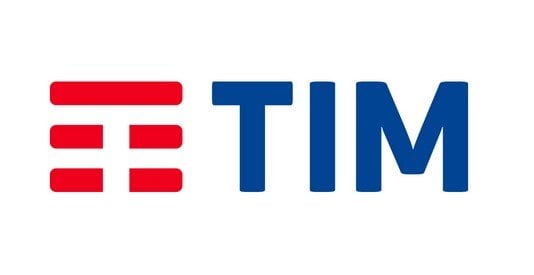My colleague Iuri Struta has written an overview of the sprawling proxy fight at Telecom Italia (TIM) for Activist Insight Monthly, due out next week, that is worth your attention. But with one shareholder vote down and the big one still to come, I thought it might be worth recapping what this campaign means.
Q1 hedge fund letters, conference, scoops etc
First the background. Telecom Italia came under the control of French billionaire Vincent Bolloré in 2015, after his Vivendi Group built up a position equivalent to almost one-quarter of TIM’s shares and ran proxy fights to win first four, then 10 of the 15 board seats. Vivendi’s growing influence and ambitions for another Italian media company, Silvio Berlusconi’s Mediaset, led Italian regulators to intervene last year, possibly as a prelude to a breakup of the company.
In March, Elliott Management’s U.K. arm, which has experience of activism in Italy through its battles with Ansaldo, disclosed a 5% stake and wrote a letter saying that it wanted to nominate a six-person slate.
That has since become a nearly 9% stake and 10-person slate, after Vivendi tried to pull a maneuver by forcing the resignation of eight of its own nominees – ensuring a second general meeting would be required and allowing it to refresh several directors. Elliott affected a lack of concern over the showdown moving from April 24 to May 4. A judicial ruling confirming that the latter date will see the rival 10-person slates go to a vote next Friday was “merely democracy delayed, not democracy denied,” the activist said.
And like many of Elliott’s fights, this one is being played no-holds-barred. On the news that Bolloré was being questioned by French authorities over the involvement of subsidiaries of his group in several African elections, Elliott wrote to shareholders to rub in his “troubling track record of conflict, self-interest, and even graver issues of potential criminality.” The Bolloré Group, for its part, has denied the allegations, implying that they may have taken place either side of Bolloré’s ownership of the subsidiary, and said it was cooperating with the authorities.
That is merely the context, illustrating how eventful the last few weeks have been. What’s at stake in the contest will be fought over for weeks after the vote, and possibly longer.
Having ousted two CEOs, Vivendi’s appointment of Amos Genish to the top job in September has been the one area of agreement between Bolloré and Elliott. He may walk if Elliott wins, having been vaguely supportive of the Vivendi slate, and whether the company is run according to the three-year plan he recently set out will be high on the agenda.
Second, the mix of assets owned by Telecom Italia will be decided after the election, probably with the input of the Italian government, which is also a shareholder through a state investment fund. The state, exercising its so-called “golden power” has already suggested a separation of the fixed-line network, and demanded a say in the leadership of the company’s submarine network unit Sparkle and software division Telsy.
Third, the situation will be a defining one for activism in Italy, where majority/minority slates already structure conflict between shareholder groups into the management of companies. Elliott’s intervention has won support from all three major proxy advisers in the country and apparently from the state, which could help change the perception of U.S. funds investing in the country.
Yet as the May 4 vote approaches, both sides will be focused on motivating or suppressing the vote. Vivendi won control of the board in 2017 by a margin of 0.4% on low turnout. This year, much more attention is being paid to the vote. But with Vivendi’s stake almost three-times the size of Elliott’s, it will still be a Rocky-esque finish.
Article by Activist Insight






